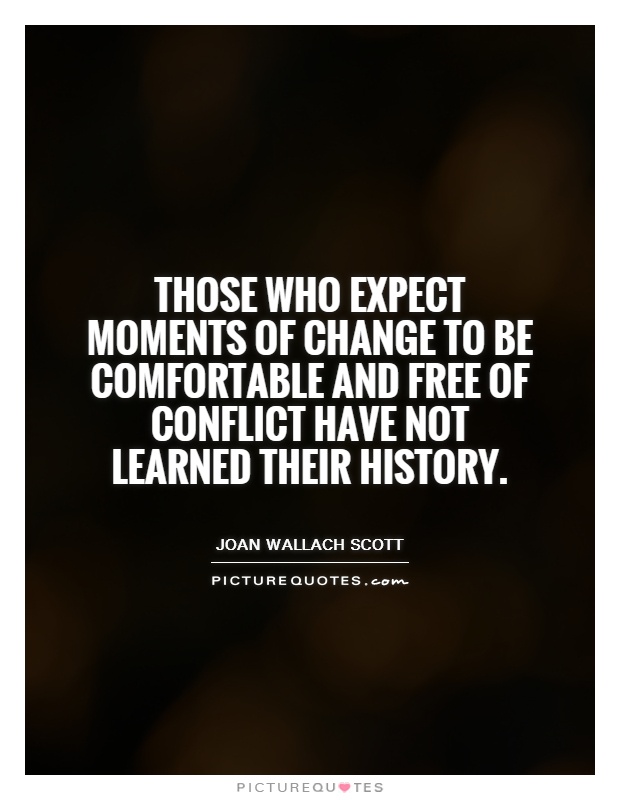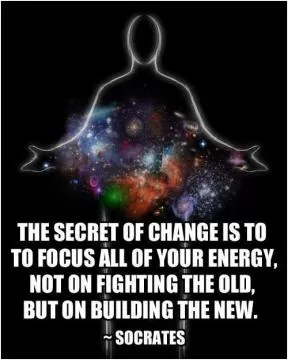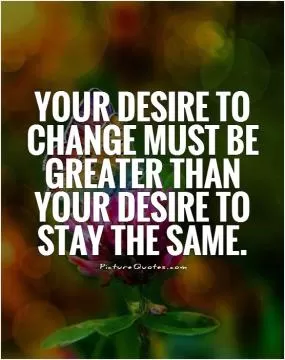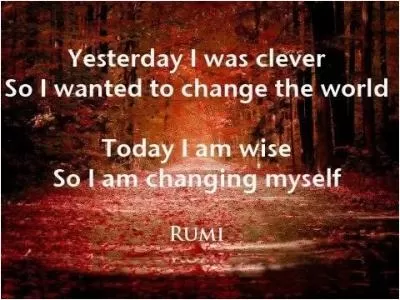Those who expect moments of change to be comfortable and free of conflict have not learned their history

Those who expect moments of change to be comfortable and free of conflict have not learned their history
In her work, Joan Wallach Scott, a prominent feminist historian, has explored the complexities of social and political change throughout history. One of her key insights is that moments of change are often marked by discomfort and conflict, challenging the notion that progress is always smooth and easy. Scott's analysis sheds light on the ways in which power dynamics, social structures, and cultural norms can shape the process of change, highlighting the importance of understanding history in order to navigate the challenges of the present.Scott's assertion that those who expect moments of change to be comfortable and free of conflict have not learned their history speaks to the tendency to romanticize or oversimplify the past. It is easy to look back on historical movements and revolutions as inevitable or heroic, forgetting the messy, contentious, and often violent realities that accompanied them. Scott's work serves as a reminder that change is not a linear or straightforward process, but rather a complex and multifaceted phenomenon that involves struggle, resistance, and negotiation.
By examining historical examples of social and political change, Scott demonstrates how power dynamics and inequalities can shape the outcomes of these processes. She highlights the ways in which marginalized groups have often been excluded or silenced in moments of change, pointing to the importance of recognizing and addressing these power imbalances in order to create more equitable and just societies. Scott's work challenges us to confront the uncomfortable truths of our history, acknowledging the conflicts and contradictions that have shaped our world and continue to influence our present.












 Friendship Quotes
Friendship Quotes Love Quotes
Love Quotes Life Quotes
Life Quotes Funny Quotes
Funny Quotes Motivational Quotes
Motivational Quotes Inspirational Quotes
Inspirational Quotes